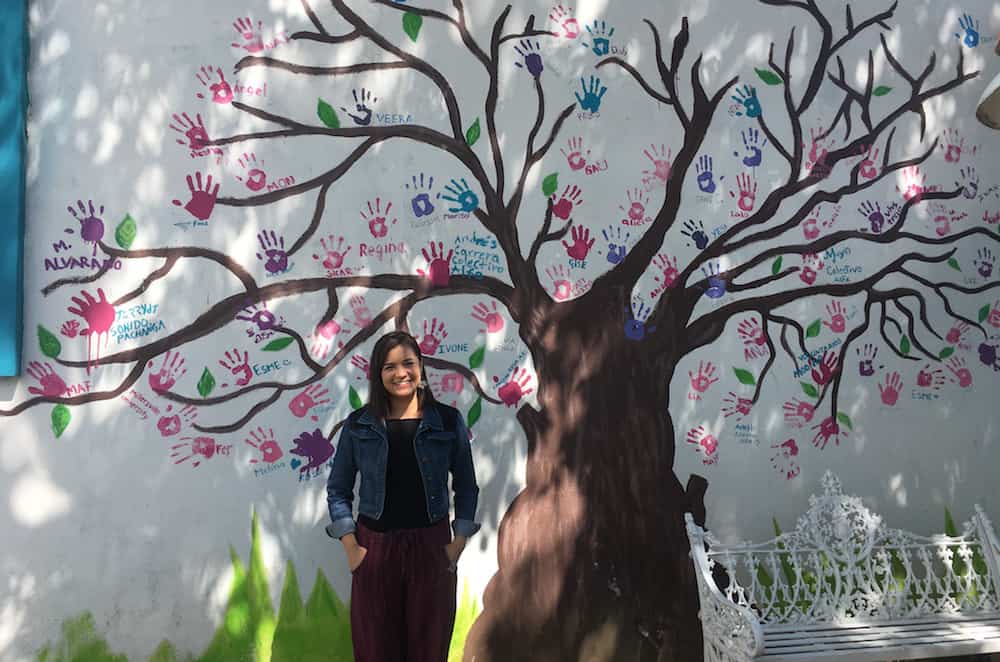A 15-year-old girl was at the physical and intellectual level of an 11-year-old when Melissa Miller met her in Oaxaca, Mexico. The girl had dropped out of school at an earlier age and stayed mostly in her house.
“She didn’t like to leave her house because she didn’t like interacting with people,” Miller said. “She didn’t know how to.”
Miller, a graduate student of the Steve Hicks School of Social Work, met this client at the beginning of 2018 during her semester-long internship in Oaxaca with CANICA, an NGO that provides psychological, nutritional, and educational services to “street children” — a term used for children and adolescents who drop out of school and often work in the streets by themselves or with family members.

The programs and resource center at CANICA are free. Children can access food and homework help, Miller said, and a classroom is available for children to continue their education despite work obligations they may have.
“There would sometimes be a situation where a 6- and 10-year-old were in the same classroom learning,” Miller said.
At CANICA, Miller provided individual therapy, coordinated play therapy group sessions, and performed outreach to identify children working with or accompanying their parents to work during school hours.
Miller said that the play therapy group had the most impact on the transformation of the 15-year-old girl. At the beginning of her time at the center, the girl hardly spoke to psychologists and would mumble under her hands when she did. Her eye contact was sparse.
But once she joined the play therapy group for younger children, Miller noticed that the girl opened up, and started to participate in hands-on activities like painting.
“I would see her on the soccer field and she would start having a conversation with me, and I didn’t have to initiate it,” Miller said. “It stuck with me a lot, seeing how that group process of interacting with other people can change someone.”
Miller said play therapy was particularly effective for the children at CANICA because it allowed them to express themselves without reprimand or judgement. Many of the children came from abusive households, and had difficulty trusting adults. During sessions Miller strove to make clear that she was there to listen and learn from them, not to fix them, in order to reassure the children and meet their emotional needs for safety.
“Since I went in with that idea, the kids would give positive feedback about our sessions to the supervising psychologist, who said she noticed how they would open up to me,” said Miller.
Miller saw that, due to their families’ circumstances, most children at CANICA had to take roles that in the United States are considered to be adult roles. For example, she remembered one girl who was in charge of raising four siblings.
“I could see how their responsibilities could take a toll on them, but at the same time they enjoyed supporting their family and wouldn’t’ complain about it. I got to witness how resilient all of the kids are at CANICA.”
At the same time, it was clear to Miller that everyday life challenges created emotional stress on the children and generated difficult emotions, like anger.
Play therapy was a perfect tool to help them cope with the stress as well as process and respond to difficult emotions, Miller said. The sessions also helped the children realize they didn’t need to perform perfectly to receive adult approval. When they were doing art activities, every time they asked if they were performing the task correctly, Miller answered that they could paint or draw however they wished.
“Being given that freedom to do whatever they wanted to was a new concept for them,” she said. “I think that is going to help them continue to have healthy relationships with adults, especially for the kids that hadn’t heard that before.”
By Lynda Gonzalez

